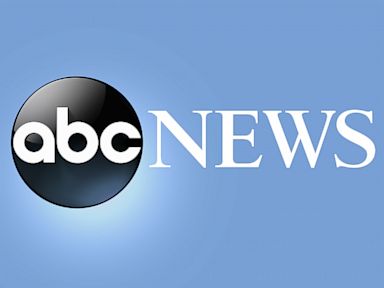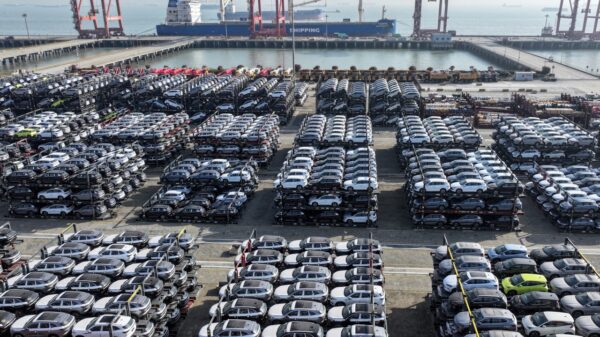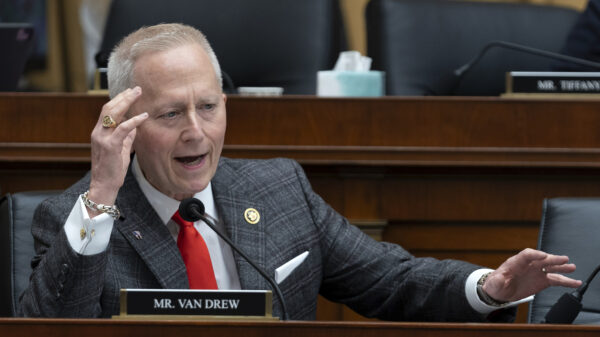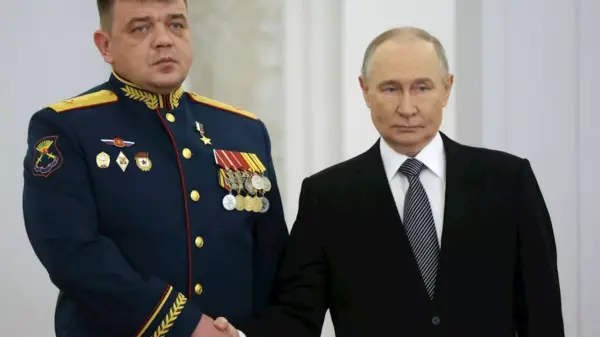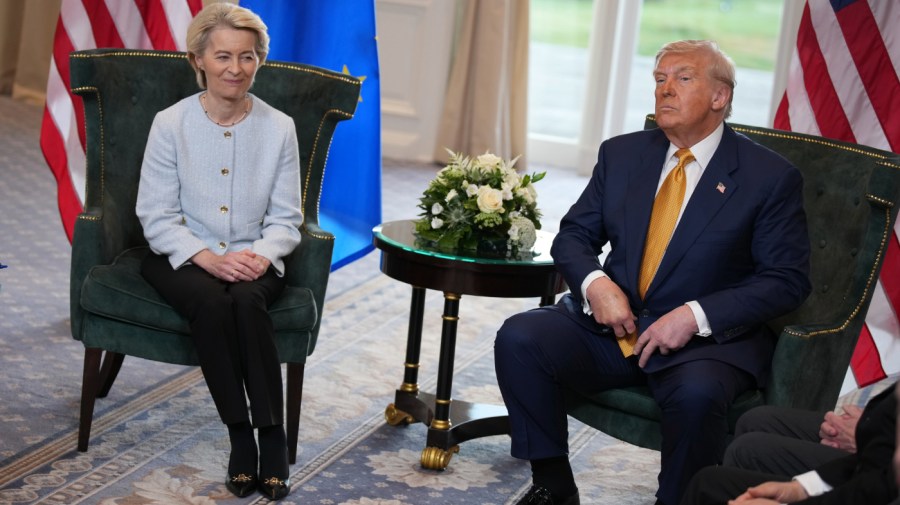The Justice Department is advocating for a broad interpretation of presidential authority concerning tariff imposition, specifically those implemented under former President Donald Trump. This stance emerges as legal challenges continue to question the legitimacy of tariffs enacted during his administration.
Legal experts argue that trade agreements do not automatically validate the emergency powers used to impose these tariffs. The Justice Department maintains that the tariffs, which were primarily justified under national security grounds, are within the scope of the president’s powers as outlined in the U.S. Constitution. The department’s position hinges on the interpretation of Section 232 of the Trade Expansion Act of 1962, which allows the president to take action against imports that threaten national security.
The tariffs, which affected billions of dollars worth of goods, have drawn criticism for their potential to disrupt international trade and harm domestic industries. Many business leaders and economists express concern that such measures create uncertainty in the market, impacting both consumers and investors.
While the Justice Department’s arguments aim to bolster the government’s position in ongoing litigation, the legal landscape remains complex. Courts are tasked with determining whether the tariffs were an appropriate exercise of executive power or an overreach. The outcome could set significant precedents regarding the extent of presidential authority in trade matters.
In the wake of these developments, the implications for international relations are considerable. Countries affected by the tariffs, including major trading partners, have expressed their discontent and may respond with retaliatory measures. As the situation evolves, stakeholders across various sectors are closely monitoring the legal proceedings and their potential impact on the global economy.
The Justice Department’s continued support for Trump’s tariff policies reflects a broader strategy to assert executive power in trade negotiations. With the legal challenges likely to unfold over the coming months, the administration’s approach to tariffs and trade deals will remain a focal point of discussion among policymakers and economic analysts alike.









